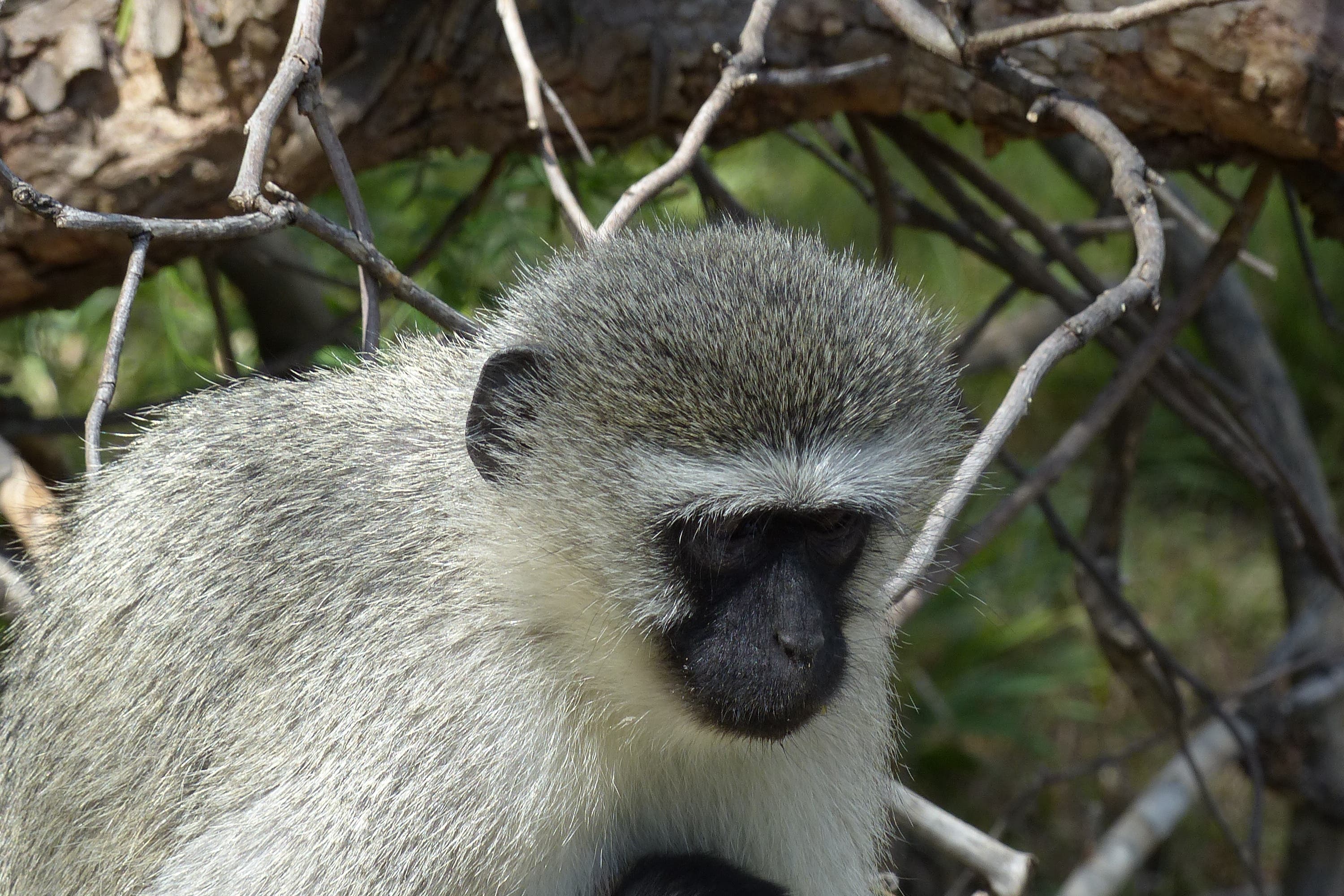Drought puts unborn monkeys at risk – scientists
When resources are scarce, pregnant monkeys are faced with a trade-off between offspring survival and self-maintenance, researchers say.

Mothers usually do everything in their power to look after their unborn child, but there are circumstances where pregnant monkeys may not be able to put their babies first.
Research has shown that during drought, when resources such as food and water are less easy to come by, a pregnant monkey mother’s internal body temperature can be warmer than usual.
Although this helps ensure their own survival, it puts their infants’ health at risk, scientists say.
During drought, mothers were also found to experience high body temperatures when breastfeeding after birth, more so than females who did not have young offspring, because of the energy demands of producing milk.
Lead researcher Dr Richard McFarland, associate professor in primate behavioural ecology at Nottingham Trent University’s School of Social Sciences, said: “We observed a trade-off between a mother’s investment in their offspring and their own survival prospects, when facing extreme environmental conditions.
“These findings demonstrate that the regulation of maternal temperature is tied to both reproductive processes and the availability of resources, and there is flexibility in temperature regulation which aids both survival and successful reproduction even in sub-optimal conditions.”
For the study, the researchers used trackers to monitor the internal temperature of 30 wild vervet monkeys in South Africa over an eight-year period, including two years of drought.
Twenty-three babies were born during this period.
One mother and her infant died on the day she gave birth, most likely the result of the challenging conditions of the drought, the researchers said.
But when resources were abundant, pregnant mothers were found to have a regulated body temperature providing the best conditions for their unborn babies.
The team said the findings, published in the journal Functional Ecology, show the impact climate change could have on these animals.
Dr McFarland said: “Climate change is predicted to increase the frequency and intensity of droughts in sub-Saharan Africa and will further reduce access to the resources needed for these monkeys to sustain pregnancy and breastfeeding.
“If these trade-offs between offspring survival and self-maintenance fail, this will not only result in pregnancy loss or difficulties during birth but may also have more long-term costs to individual and population-level reproductive success.”
Bookmark popover
Removed from bookmarks